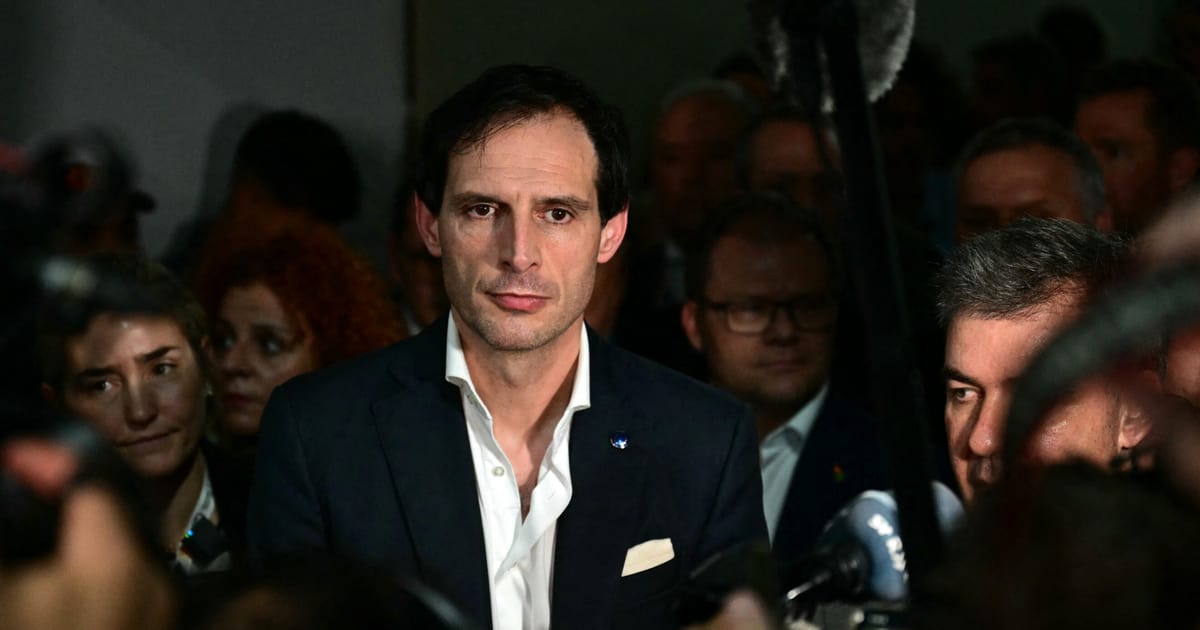But the EU also faced a new geopolitical reality in Belém.
German Climate Minister Carsten Schneider on Saturday spoke of a “new world order” that the EU would need to get used to. “Something has changed, and that has become very apparent here.”
Throughout the two weeks, European diplomats complained bitterly about the tactics employed by Saudi Arabia and other major oil producers, which fiercely opposed any call to tackle fossil fuels.
Riyadh and its allies, they said, were emboldened by Washington’s absence and constantly took the floor in meetings to derail the talks. Notes from a closed-door meeting shared with POLITICO also show that Saudi Arabia sought to bash the bloc for imposing carbon tariffs.
“We faced a very strong petro-industry… which organised a blocking majority here against any progress,” Schneider said.
The bloc was frustrated about what they saw as Brazil pandering to its BRICS allies — China, India, South Africa and other emerging economies — in walking right over the EU’s red lines on providing climate aid and pushing the bloc into uncomfortable discussions on trade measures.
But they also left feeling abandoned by traditional allies, such as small island states, that they had counted on to back their push for more climate action. In the end, the Europeans and a handful of Latin American countries stood alone.
“We need to do some real thinking about what the EU’s role in these global talks is,” one senior European negotiator said. “We underestimated the BRICS and overestimated our strength a little bit — and we definitely overestimated the unity of those we consider our allies.”
